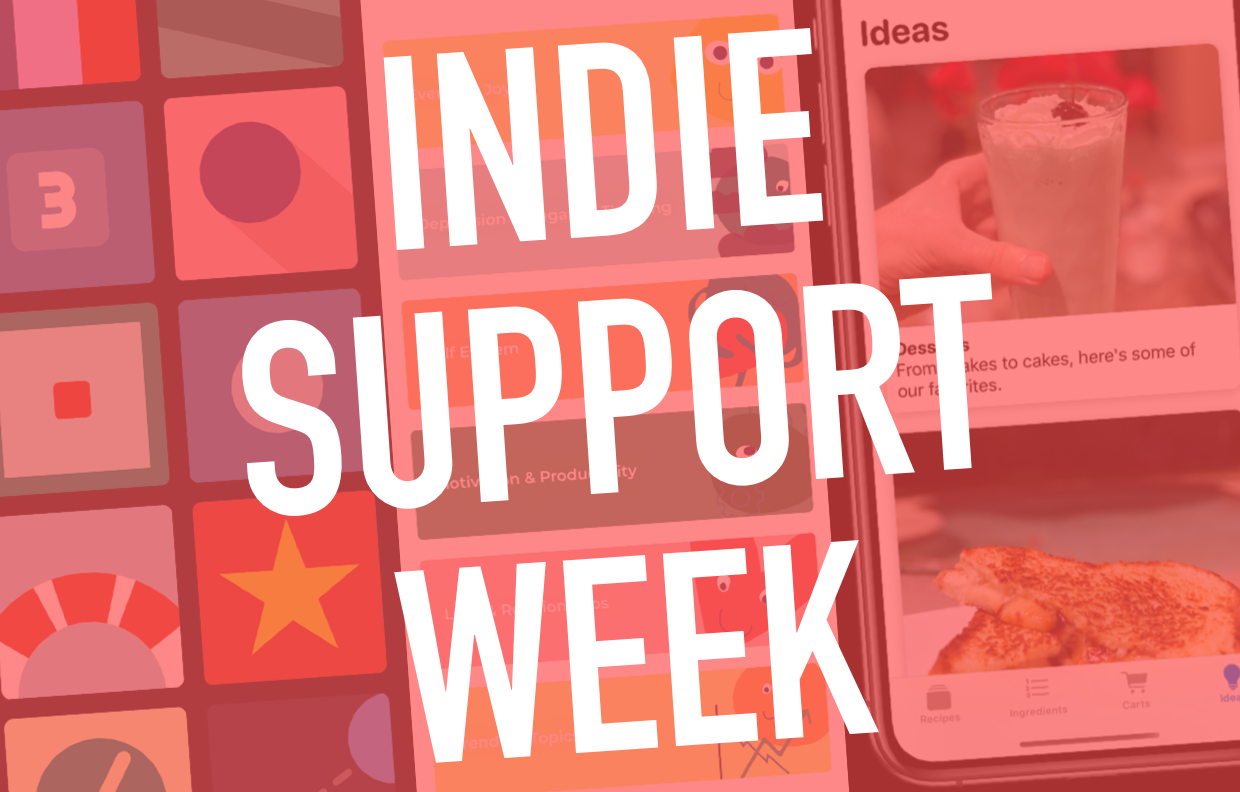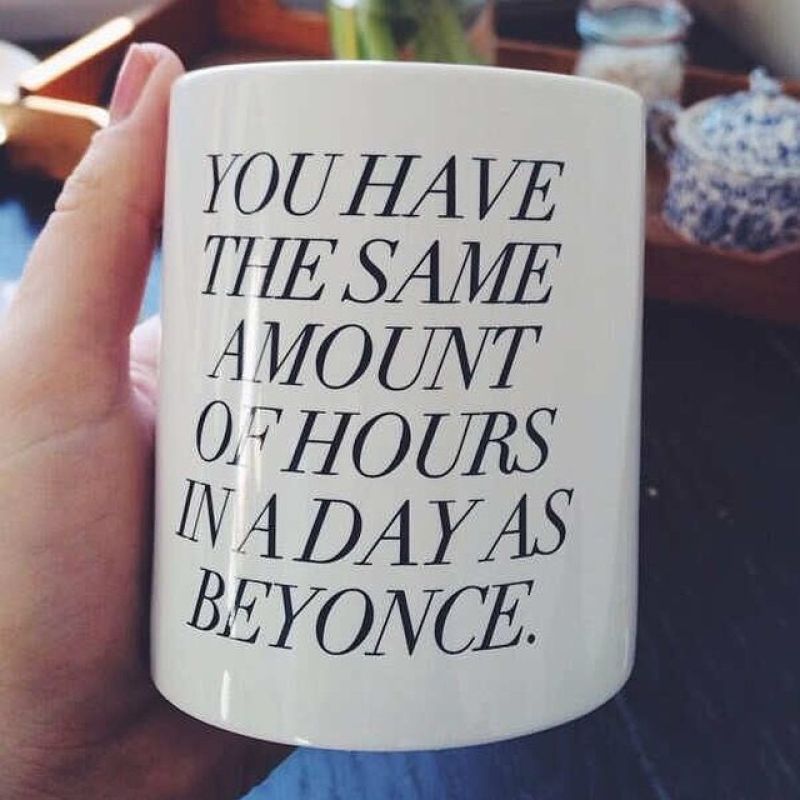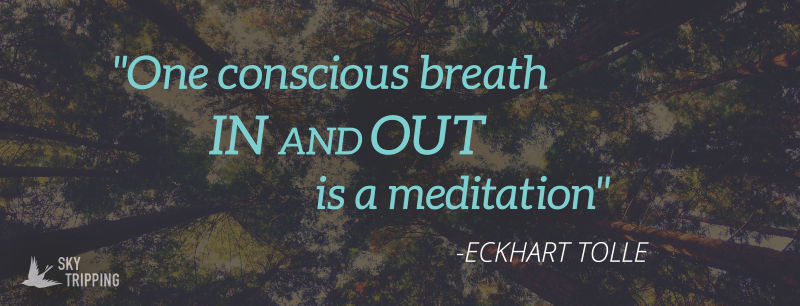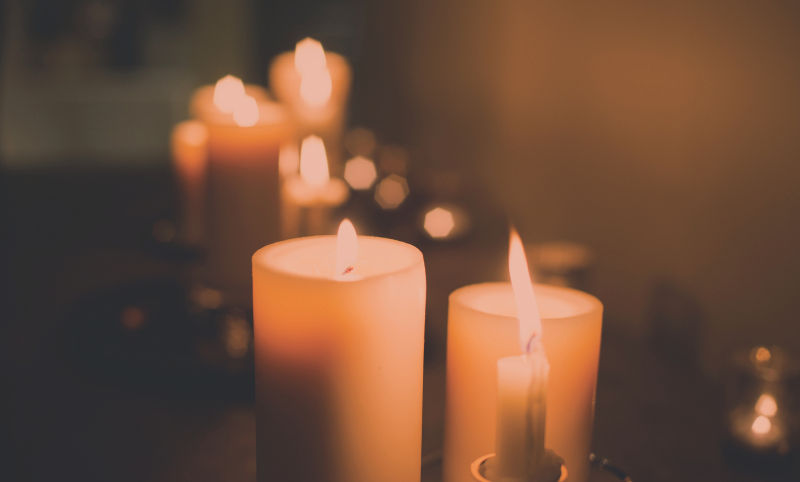
Over the years, I have spoken with quite a few people on the topic of mindfulness and meditation. I’m disquieted upon discovering how many people carry an unnecessarily high degree of shame and misunderstanding around the topic of meditation.
I value meditation. I believe in the benefit it can provide. I have gained real value from the practice, and have others who I’ve witnessed gain extraordinary experiences of self-acceptance, spurring entire seasons of healthy development.
I’ve spent years trying to understand whether this shame or sense of failure is due more to simple personality differences (i.e. “meditation ain’t for everyone”), or whether it’s some obstacle that’s possible to overcome, providing passage for these frustrated fidgeters to gain what I and others insist is there awaiting them if they commit and engage in a healthy meditative practice.
This problem newcomers experience is not entirely of their own making. I believe this stifled experience in meditation is due in no small part to misunderstandings that arise when advocates of meditation oversell it, or (in a genuine spirit of helpfulness) hastily attempt to convey the benefits that absolutely do come to them through their own meditative practice.
I have noticed that this enthusiastic pitch, as well-intentioned as it undoubtedly is, most often brings about an outcome the seasoned proponent didn’t intend. Often the “hype pitch” causes new practitioners to expect something that either isn’t the core point of meditation — often confusing extraordinary claims with valuable (but more realistic) benefits — or distracting them to expect an immediacy in results that often only come eventually, after consistent practice and honing. “Should my mental chatter be quieting down at some point? Where are the epiphanies and massive insights? Why do all the worst thoughts or beliefs about myself boil over and burden me whenever I sit and try to focus my mind? Shouldn’t I feel like I’m floating or something?” I hear people asking these questions with a kind of deflated resignation, and I almost always hear a strong sense of personal defeat from the belief that these “failed meditators” (as they consider themselves) are alone in this outcome — broken and hopeless in the ways of mindful introspection.
If only I could help them see that these are the most common complaints I hear.
Imagine an athlete pitching their physically flaccid friends on a comprehensive, healthy exercise program. But instead of arming them with a realistic perspective of small but important milestones and accomplishments as they consistently attend to their physical wellbeing, they instead hype the muscle tone and slimming that often does happen, but not before they’ve invested a considerable effort and commitment, of course. When the excited, desperately out-of-shape newcomer goes to the gym, they’re first met with confusion at all the new tools and techniques which other gym-goers make look so easy. They experience distress over the lack of capability (especially compared to others around them). Eventually there’s a heap of soreness or even injury after this humiliated experience. These are the makings of misery for most who “try”.
To add insult to injury, they didn’t lose weight, slim down, or tone up. In fact, they feel like crap for weeks, and often weigh in even higher on the scale in the beginning stages. “If I wanted to gain weight, I could have done it without beating myself up at some stanky, salty gym”, they tell themselves. Overwhelm leads to abandonment. Abandonment leads to shame. Shame bolsters a determination to just ignore the problem rather than understanding where they may need a reframing to make the new lifestyle yield the results they truly do want.
“Oh well, there’s always next year’s New Year’s Resolution“. This comforts them when they succumb to the temptation of their favorite fattening flagellation.
This vicious cycle isn’t confined to physical health. It’s actually the exact same process which has unfolded among those who consider themselves “failed meditators”. It is clear to me how deeply it affects those who carry around an incomplete or warped view of what meditation is (and isn’t). This twisted perception of meditation is responsible for a substantial portion of the burden this topic tends to impose on those who are not finding health in the practice.
Does any of this sound familiar to your experience today, or perhaps a past experience which is now improving? Read on.
I’ve read a fair amount about meditation. I’ve listened to seasoned meditators speak of their experience, and their experience sounds strikingly similar to newcomers who complain that, “I just can’t meditate — my mind just won’t settle down”, or “I try to focus, but I end up feeling overwhelmed by negative emotions whenever I sit with myself.”
To be clear, the thing newcomers are experiencing here is not “not meditation”, nor is it “wrong meditation”. In fact, the experience which the most seasoned, respected meditators have reflects a more or less identical internal process as those expressing overwhelm.
So what’s the difference? Do these seasoned, committed meditators possess a superhuman, steely resolve enabling them to brush off this brutal punishment that just pummeled you like a freight train?
I can’t speak for anyone else, but I can say what I believe with a high degree of certainty: the difference between “good meditators” and the frustrated one is not the mental chatter (or lack thereof) going on inside their brain. It’s the label they’ve attached to it. It’s the judgment about it.
What many humans call bad, wrong, or frustrating, the mindful advocate has learned is natural, holistic, and a part of them. What the masses try to shut up, quiet down, or control, the meditator has learned to accept, love, and learn from. The thing newcomers judge as broken and unhealthy, mindful practitioners have embraced and allowed a deep relationship with this part of themselves which, perhaps unexpectedly, has led to deep and powerful healing inside them. If you are running from your inner self, you aren’t running from a broken mess inherited by a pitiful soul. You’re running from your best parts, your deepest self, and your greatest discoveries.
Meditators have learned to practice self-love and radical comfort in one’s own company. They’ve learned to love the mass of thoughts, emotions, and meaty parts sitting within their own skin. Doesn’t that sound kinda nice?
If you absolutely must insist on framing any of your thoughts as an illness, then please realize that if the incessant chatter of the mind is like a headache, then the belief that the mind needs to be forced silent is the malignant brain tumor triggering the headache.
The idea that thoughts — any thoughts — are your problem; this idea is toxic. This is one of the most odious rots that can fester to feed a vicious cycle of shame and self-deprivation. You’ve been taught your entire life that you are broken or twisted. You’ve been trained to believe this without question. It’s wrong.
Welcome all thoughts, validate all curiosities, endeavor to enjoy all experiences, and you’ll get closer to wellness this way than by believing you are bad if you don’t aggressively resist, silence, or shun some loud or boisterous part of yourself.
Open the door to the noise, and it will most likely become beautiful like music. If you’re kind and calm enough, it will invite its good friend, Satisfied Silence, to join you once it finds a comfortable and safe place in your presence.
MY PERSONAL CHALLENGE TO YOU
What if, for just one week, you tended to every thought, idea, sensation, or feeling inside you as if it were coming from a wise, good, healthy, insightful, or even brilliant friend? Would you beam like a child who is being publicly praised for her fiftieth crayola project, thrilled to be validated even if it isn’t a piece befitting the space next to the Mona Lisa at the Louvre in France? Would your inner child feel proud to have helped a stranger by sharing his Lunchable with the new kid who just realized he forgot his lunch money at home? Would you feel a sense of relief that somebody is there to hear how troubled you felt by some dark or terrible thought, if even just to have space to really understand whether it’s driven more from honest curiosity or deep, untended pain?
Give yourself a gift nobody else can give: love yourself for all the parts that make you “you”. Forget the idea, just for a week, that you’re wrong for being the way you are, and learn to listen and love all that flows. Just a week. Then check in and see what this has taught you. If it’s terrible, you can tell me how wrong I am.
But if it’s wonderful, this is something you deserve to experience. I’ve experienced the kindness of loving every part of myself — simple, complex, foolish, or fantastic. Will you join me?
SEE STUNNING
VIEWS OF EARTH
IN A CUBICLE
OR ON THE BUS.

Download Sky Tripping today and experience the peace and tranquility of immersive aerial videos in nature. DOWNLOAD TODAY»










